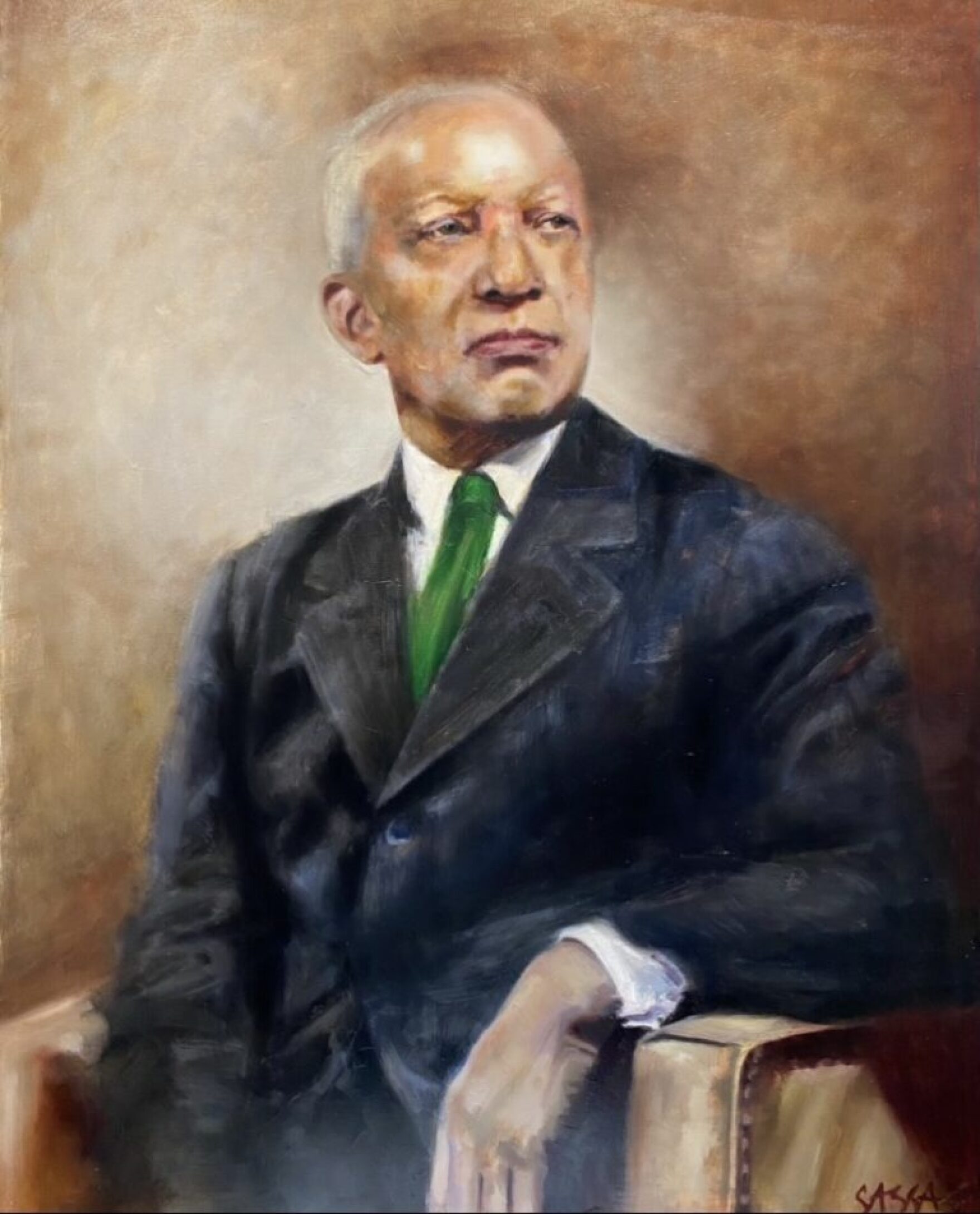Introduction
Our author for today’s article is a seasoned real estate analyst with a deep-seated passion for history, particularly African American history. With years of experience in the real estate sector and a profound understanding of historical contexts, they offer a unique perspective on Carter G. Woodson’s real estate legacy.
Carter G. Woodson: The Man Behind the Legacy
Carter G. Woodson, often referred to as the “Father of Black History,” was an esteemed historian, author, and journalist. He dedicated his life to the pursuit of African American history, striving to ensure its rightful place in the annals of American history. His influence extends beyond the realm of academia, leaving a lasting impact on the real estate landscape.
Woodson’s Real Estate Ventures
Woodson’s involvement in real estate was not merely a means of financial security but a testament to his commitment to his community. His properties served as platforms for his work, fostering a sense of cultural identity and community cohesion. They were more than just buildings; they were symbols of resilience and perseverance.
The Intersection of Real Estate and Cultural Heritage
Woodson’s real estate properties are significant cultural landmarks today. They stand as tangible reminders of our shared history, offering insights into the life and work of one of the most influential figures in African American history. Preserving these properties is not just about conserving bricks and mortar but about safeguarding our cultural heritage.
Woodson’s Legacy in Today’s Real Estate Landscape
Today, Woodson’s real estate legacy continues to resonate in the real estate market. His properties, particularly those significant to African American history, have become sought-after pieces of real estate. They serve as poignant reminders of our past and play a crucial role in shaping community identities.
Celebrating Woodson’s Legacy: Black History Month and Beyond
As we celebrate Black History Month, it’s essential to remember figures like Carter G. Woodson, whose contributions extend beyond their chosen fields. By preserving and honoring his real estate legacy, we pay tribute to his life’s work and ensure that future generations can learn from his remarkable achievements.
Conclusion
Carter G. Woodson’s real estate legacy offers a unique lens through which to explore African American history. As we walk through the halls of his properties, we are reminded of the resilience, determination, and vision of a man who changed the course of history. As we look to the future, let’s carry forward his legacy, one brick at a time.











